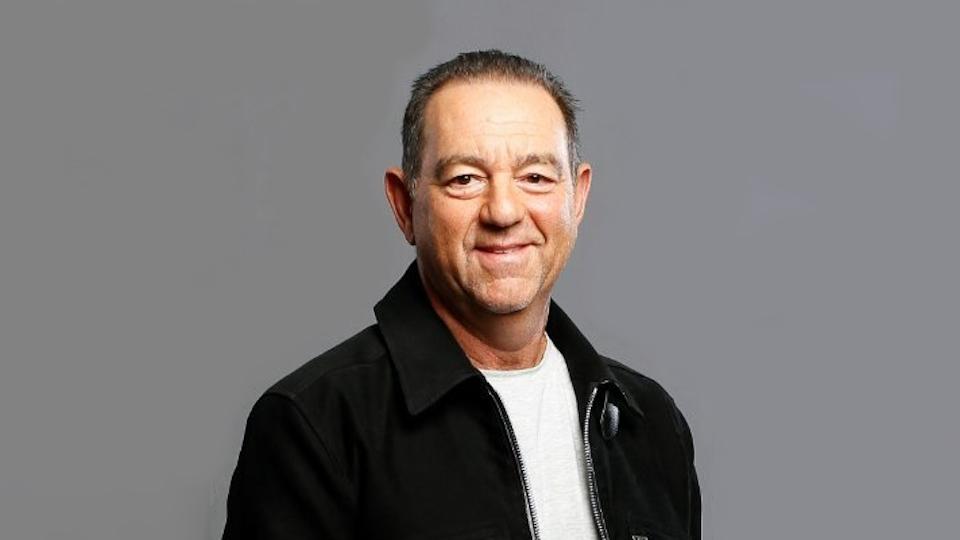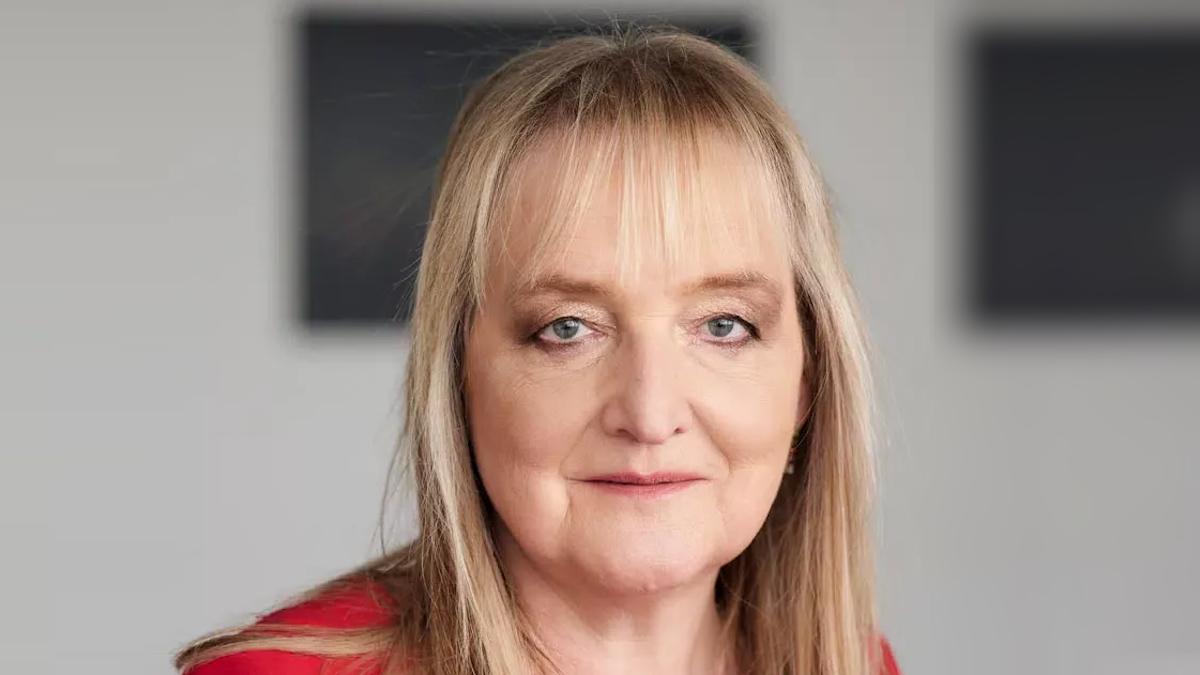Sage drops dalzanemdor for Parkinson’s after trial flop

Sage Therapeutics' chief executive Barry Greene
Sage Therapeutics has suffered another disappointment after deciding that it will have to drop the Parkinson’s programme for key pipeline drug dalzanemdor after it showed no benefit in a phase 2 trial.
The oral positive allosteric modulator (PAM) of the NMDA receptor is being investigated to see if it can counteract mild cognitive impairment in neurodegenerative disorders, and the PRECEDENT trial in Parkinson’s is the first major readout from the drug programme.
Sage still has two more shots on goal – from phase 2 trials in Alzheimer’s disease and Huntington’s disease – but investors were spooked by the Parkinson’s data and shares in the company were down around 23% at the time of writing.
In PRECEDENT, a once-daily dose of dalzanemdor (also known as SAGE-718) did not show statistically significant differences versus placebo on the primary endpoint, the Wechsler Adult Intelligence Scale Fourth Edition-IV (WAIS-IV) coding test score at day 42.
Both the dalzanemdor and placebo groups showed a 2-point improvement from baseline on WAIS-IV, and secondary endpoints including the SCOPA-Cog scale also did not indicate any meaningful differences versus placebo, according to Sage. On the plus side, the drug was generally well-tolerated with no new safety signals seen.
The disappointing result comes just a few months after Sage and partner Biogen suffered a major disappointment when the FDA declined to approve their antidepressant Zurzuvae (zuranolone) for major depressive disorder (MDD), although, the regulator did give a green light to use of the drug for post-partum depression (PPD).
That decision dramatically cut back the potential market for the drug – analysts at Jefferies slashed their peak sales projection to $250-$500 million from an earlier estimate of $1 billion-plus – and Sage opted soon after to slash its headcount by 40% and sideline some R&F programmes to trim costs.
Chief executive Barry Greene said the PRECEDENT data was disappointing “given the significant burden of mild cognitive impairment on people and families affected by Parkinson’s,” but said that the result will not necessarily read through to the Alzheimer’s and Huntington’s studies, as “the underlying pathophysiology and symptomatology in Parkinson’s disease is distinctive.”
Next in the frame is the SURVEYOR study readout in Huntington’s, due around the middle of this year, with a main endpoint at 28 days. Before the end of the year, there should also be data from a second trial in Huntington’s (DIMENSION), which has a longer follow-up period of 85 to 112 days, and the LIGHTWAVE Alzheimer’s study.













